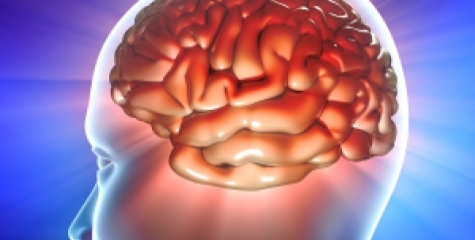WI-WE Progress
| Progress: 93.40% WWI-WE Version: 6 | |
| 0 | mandatory questions pending |
| 26 | questions total |
| 23 | questions answered |
| 23 | questions completed |
| 3 | questions pending |
Mapping Wild Cards
Inspired by: FP7 » Brain Capacity Testing

Originally submitted by: Cornelia Daheim
List of all contributors by versions (mouse over)
Last changed by: Sivert von Saldern
WI-WE status:
.png)
